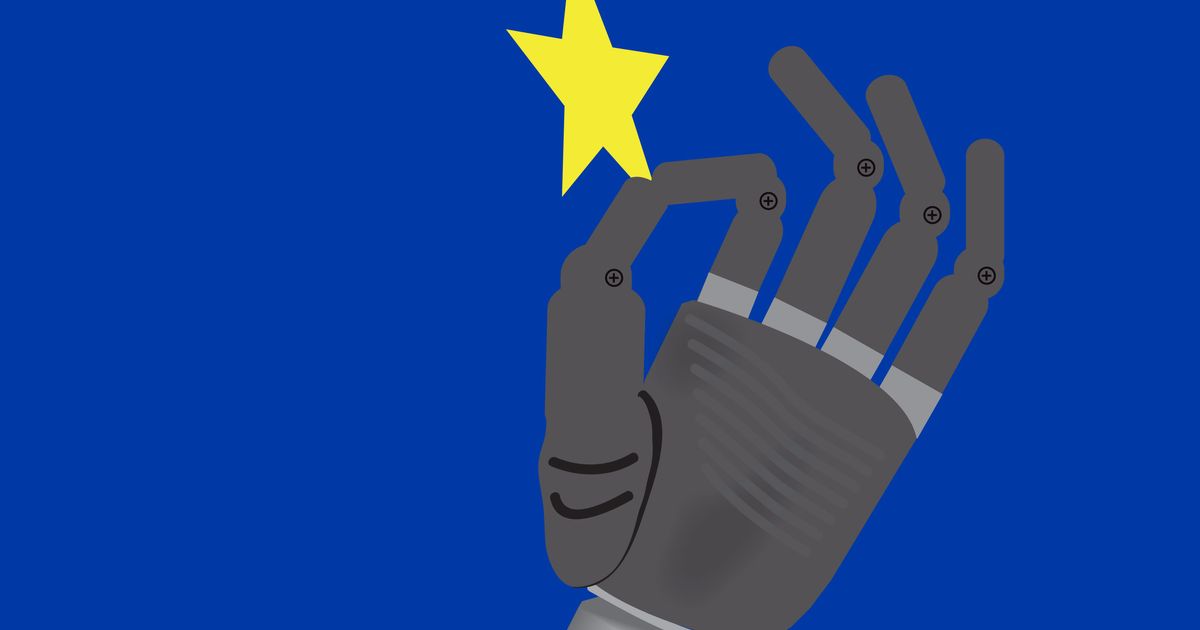Apparently the synopsis for this book is that a Fabian organisation from Britain buys land in King Leopold II's Congo and creates a socialist safe haven for anyone who wants in. Can anyone who's read it tell me what actually happens in the book as far as alternate history is concerned? I'm not so worried about characters as much as lore.
You are using an out of date browser. It may not display this or other websites correctly.
You should upgrade or use an alternative browser.
You should upgrade or use an alternative browser.
Everfair by Nisi Shawl
- Thread starter TunguskaStorm
- Start date
Haven't read it, but just found this review and it makes me want to.

 www.seattletimes.com
www.seattletimes.com

‘Everfair’: A grand, diverse steampunk story
Seattle novelist Nisi Shawl’s engrossing “Everfair” uses the genre of steampunk to re-imagine the horrific history of King Leopold II and the Congo Free State, with a more hopeful outcome. Shawl discusses her book Sept. 6, at Seattle’s University Book...
‘Everfair’: A grand, diverse steampunk story
Michael BerryUpdated December 18, 2016 at 8:51 pm

By now, the trappings of steampunk have become familiar even to audiences not versed in the various subgenres of fantasy and science fiction. Transcontinental dirigible service or a clockwork computer is often enough to suggest an alternate Victorian history, especially if the author tosses in some characters bedecked with a surfeit of gears, cogs and lenses.
At its best, steampunk can achieve a giddy kind of narrative energy through the juxtaposition of anachronistically advanced technologies and late-19th-century settings and mores. Strong early examples included the novels “The Difference Engine” by William Gibson and Bruce Sterling, Tim Powers’ “The Anubis Gates” and former Seattle resident Cherie Priest’s “Boneshaker.”
Few steampunk stories have focused on people of color in places other than the British Empire or the U.S. Short-story writer and journalist Nisi Shawl, a Seattle resident, now journeys beyond the easy tropes and tired assumptions of the subgenre with her impressive first novel, “Everfair,” an exploration of what might have happened if steam-based tech had been available to native Africans just a bit early.
Belgium’s King Leopold II ruled the Congo Free State from 1885 to 1908, enslaving the natives and working them to death harvesting raw rubber, “a substance bidding fair to replace ivory as the Dark Continent’s most profitable export,” as one character describes it. Bearing responsibility for millions of deaths, Leopold was infamous for encouraging the practice of amputating hands of subjects who failed to meet their work quotas.
Shawl’s novel diverges from the historical record when members of the socialist Fabian Society in Great Britain ally themselves with African-American missionaries to purchase from Leopold a territory to be christened “Everfair.” The land is to serve as a utopian safe haven for refugees and former slaves returning from the U.S. Unfortunately, Leopold’s thugs have other ideas, as does Mwenda, the native king of the land.
“Everfair” is a big, complex and engrossing saga, broad in ambition and deep in accomplishment. The time period stretches 30 years, from 1889 to 1919, with each chapter representing a jump of a few days or a few years, lending the story a grand sense of the sweep of history.
The narrative is presented from a variety of viewpoints, including that of an African-American missionary horrified by atrocities he witnesses, a young African refugee able to project her consciousness into animals, and an East Asian engineer capable of inventing machines that will change the world. Chief among the cast of characters is Lisette Toutournier, who starts the book as a nanny for her older lover’s children, begins a passionate affair with his wife, and ultimately becomes embroiled in the machinations attendant upon the establishment of a new nation. As she deals with issues of race, sexuality and identity, Lisette reveals herself to be the vibrant heart of the novel.
Although it possesses elements of the fantastic, “Everfair” remains grounded in historical and psychological realism, making it a welcoming entry point for readers unfamiliar with steampunk. As for the mechanical marvels in the book, Shawl doesn’t spend much time explaining how they work. She presents a trial inflation of an “aircanoe” with a reasonable amount of detail, but after that, her depiction of technology runs more on inference than on explication. Cool gadgets do include intricate, weaponized, prosthetic hands and “shonguns” that shoot poisoned blades.
In her Historical Notes, Shawl writes, “I like to think that with a nudge or two events might have played out much more happily for the inhabitants of Equatorial Africa.” There’s plenty of pain and tragedy in the novel, but “Everfair” avoids the dystopian tone that afflicts so many alternate histories. It’s ultimately a hopeful book, an exciting and original take on a too-little-known period of history.
Freelance writer Michael Berry reviews science fiction and fantasy for the San Francisco Chronicle and other publications.
Share: